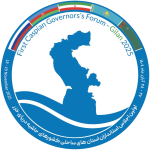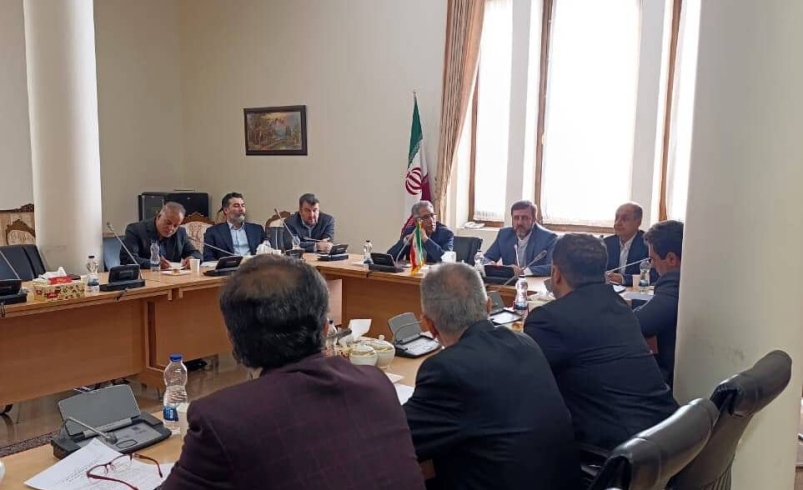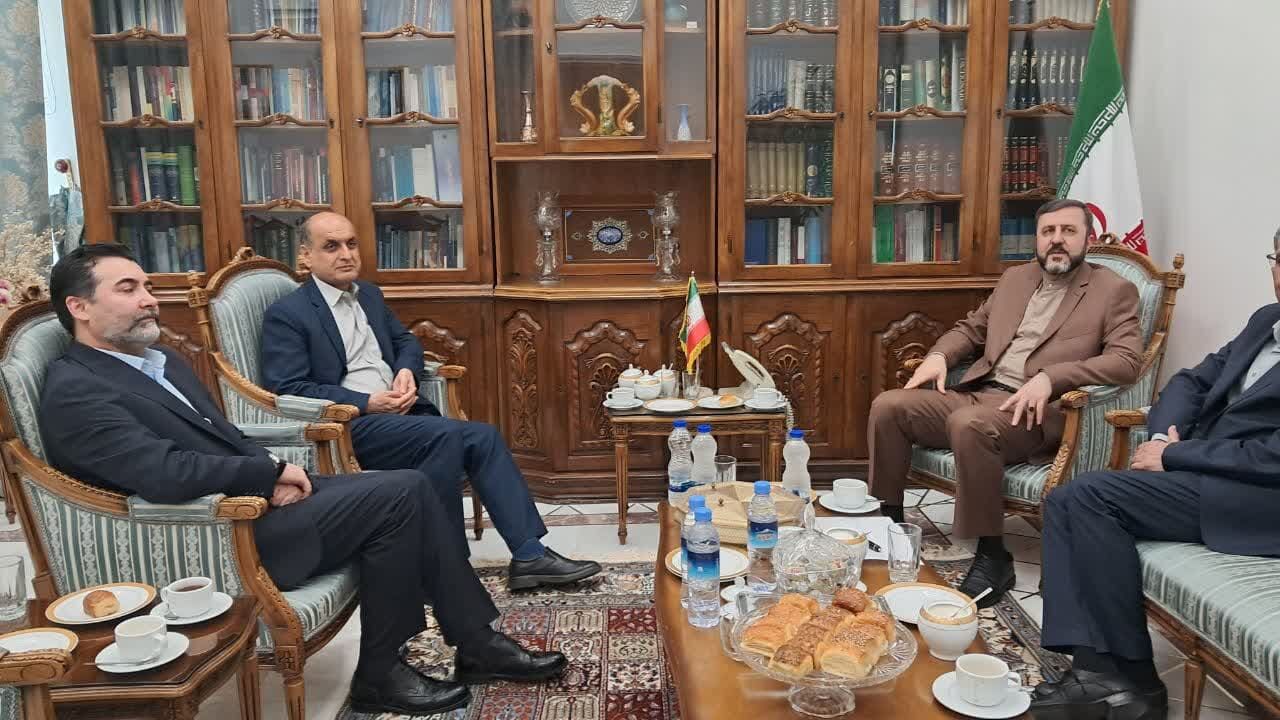Caspian Sea Coastal Provinces Governors’ Forum “Caspian Sea, a Bridge of Friendship and Regional Development”
Introduction:
The Caspian Sea, this vast expanse of water, as a strategic area in the heart of Eurasia, is not only a natural border among nations, but also the connecting point of our common culture, economy, and history; an area that has been a place of trade exchanges, human ties, and civilizational interactions among the inhabitants of its shores for centuries, and today can also become an inspiring model of regional cooperation. In the meantime, the role of the coastal provinces of the Islamic Republic of Iran, the Russian Federation, Turkmenistan, the Republic of Kazakhstan, and the Republic of Azerbaijan in achieving sustainable development and regional security is unparalleled and critical.
In the current situation, geopolitical developments, climate change, economic necessities, and environmental requirements call on us to use the capacities of the Caspian Sea in a coordinated and purposeful manner, with a new perspective, on the path of sustainable development and prosperity of nations. The Caspian littoral provinces enjoy common opportunities in areas like transit, energy, economy, fisheries, tourism, agriculture and investment, which, if combined, can transform the Caspian Sea into one of the centers of growth and stability in Eurasia.
The cultural, historical and economic commonalities among the people of the Caspian Sea are a valuable asset that facilitates cooperation and opens up new horizons in regional diplomacy. The long-standing ties among Guilan, Astrakhan, Azerbaijan and Mangistau, between West Kazakhstan and Bandar Turkmen, or among Mazandaran and the Republic of Azerbaijan and Dagestan, all testify to the possibility of transforming the Caspian into a zone of civilizational and economic convergence.
In this regard and considering these necessities, the Caspian Sea Coastal Governors’ Forum, within the framework of its central slogan: “Caspian, a Bridge of Friendship and Regional Development,” aims to take an effective step towards structured dialogue, planning joint projects, and setting a roadmap for cooperation among the coastal regions of the Caspian Sea countries. With a multilateral and partnership-oriented approach, this meeting will seek to create platforms for coordinating regional policies. We hope that this joint effort will be a valuable foundation for a bright, peace-oriented, and prosperous future in this region.
The main objectives of the first Caspian Sea Coastal Governors’ Forum:
Providing the necessary conditions for the coastal provinces to become more familiar with their capacities, capabilities, as well as existing problems and obstacles.
Strengthening regional integration and developing communications among the Caspian Sea coastal countries in the Caspian Sea coastal provinces.
Providing the necessary grounds for shaping continued cooperation among the Caspian Sea coastal provinces.
Providing the necessary conditions for trade cooperation among merchants and businessmen of the Caspian Sea coastal provinces. Making the necessary arrangements for holding trade and commercial exhibitions among the Caspian Sea coastal provinces.
Activating the capacities of ports and optimally using the capacity of the Caspian Sea for merchants and passenger movement.
Providing the necessary grounds for the activation of the NOSTRAC and TRASICA corridors.
– Removing trade barriers and encouraging intra-regional trade by amending and unifying relevant laws and regulations.
– Optimal use of the agricultural and industrial potentials and technical and engineering services of the provinces in the form of joint regional investments in the fields of production and trade.
– Developing the Caspian Environmental Charter and a joint monitoring network to protect the marine ecosystem.
– Branding and launching the Caspian Sea tourism corridor with a focus on cultural cooperation.
– Applying integrated and unified management in the implementation of regional programs to develop relations and prevent parallel work, unhealthy competition and waste of resources.
– Providing the groundwork for the development of economic relations among the Caspian Sea littoral countries and its expansion to the Caspian and Trans-Caspian regions, in the form of a unified economic zone and under the leadership of the provinces and regions bordering the friendly sea.
– Concluding regional memorandums of understanding for the construction and development of rail, road, sea and air transport networks, as well as ports of equal capacity in order to prevent the creation of bottlenecks on transcontinental routes.
– Forming investment consortiums for the construction of joint ports in each of the five Caspian Sea littoral countries in order to enable joint and unhindered use of each other’s port capacities for all members, which will lead to the elimination of unhealthy competition in the cargo and passenger transit market and pave the way for the rapid development of the transport industry.
– Forming a consortium for “Caspian Sea Coast-to-Coast Road Transport” as a successful and efficient alternative alongside other kinds of partnership. This, while expanding competition among different rail, water, road, and air transportation options, provides the basis for improving the efficiency and productivity of all options.





